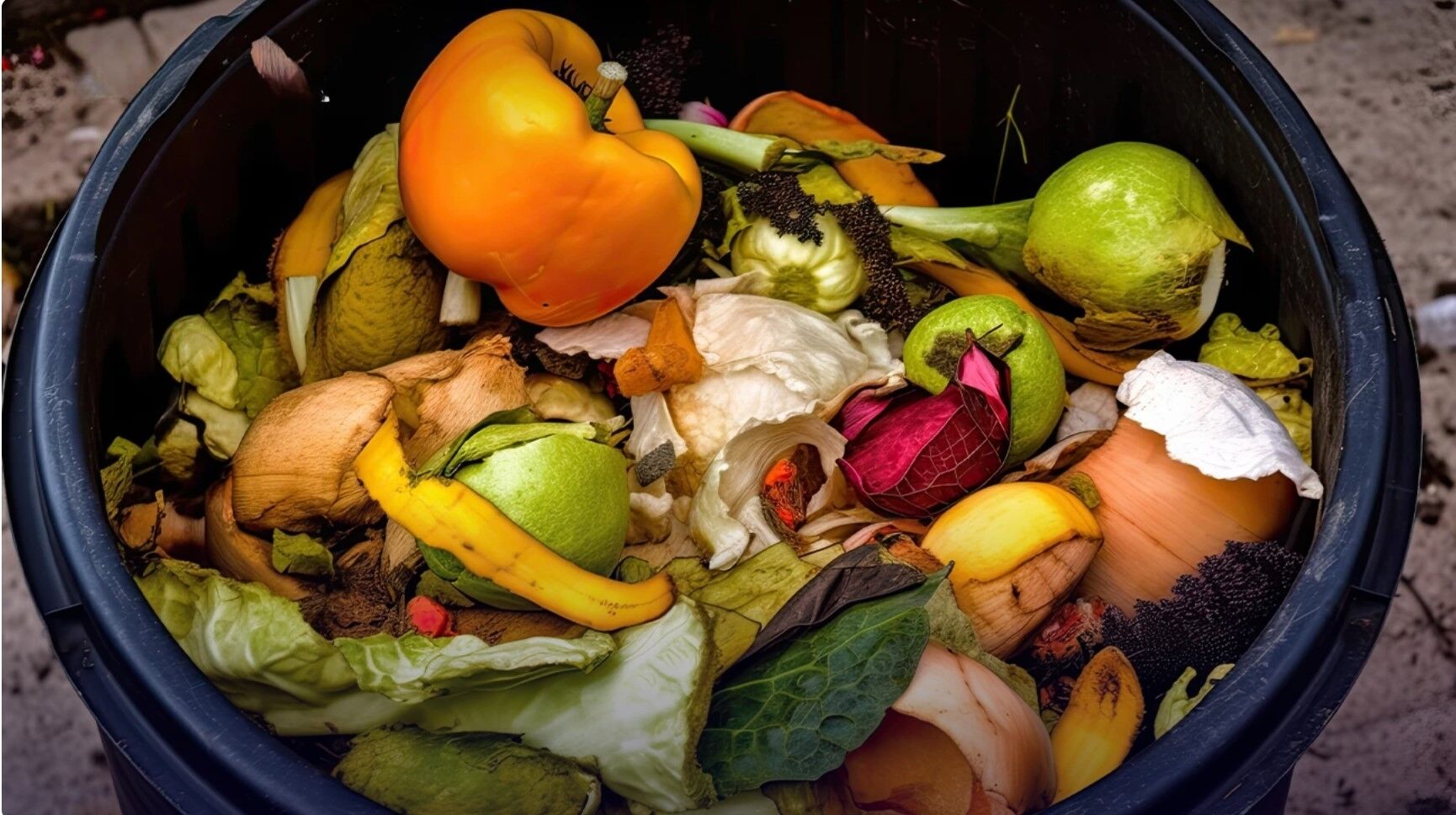KMUTT scientists transform food waste into low-cost fuel

In a groundbreaking discovery that could change the game for sustainability, a team of scientists from King Mongkut’s University of Technology Thonburi (KMUTT) unlocked the secret to transforming food leftovers into a fuel rivalling low-grade coal.
A team of researchers from KMUTT led by Dr Trairat Muangthong-on has devised a pioneering technique for converting two types of food waste into a fuel comparable to low-grade coal, heralding a new era of sustainability.
The technique involves turning bread leftovers, vegetable scraps, and fruit peels into a charcoal-like substance known as biochar, devoid of petroleum, through a process called pyrolysis.
“Biochar is a game-changer. It’s a solid fuel with a high carbon composition, akin to low-grade coal.”
The team meticulously collected food waste from the university campus, focusing on bread, vegetables, and fruit peels for their research.
Employing the pyrolysis method coupled with a fixed-bed tube reactor, the researchers subjected the food waste to controlled temperatures and nitrogen levels for approximately an hour during each pyrolysis cycle. Pyrolysis, a thermochemical process conducted at high temperatures without oxygen, decomposes organic materials to produce the desired biochar.
“This breakthrough showcases the potential of utilising food waste as a low-cost fuel for various industries.”
Indeed, this technique offers a dual advantage of slashing food waste disposal costs while providing an inexpensive fuel source for factories.
“The implications are vast. Government agencies and private firms alike can leverage this innovation to promote sustainability.”
Addressing a pressing global concern, Dr Trairat stressed the severity of the food waste crisis. According to the UN Environment Programme, over 931 million tonnes of food waste were generated worldwide in 2019, with Thailand alone contributing 9.68 million tonnes in 2022, as reported by the Pollution Control Department.
Looking ahead, the team is determined to expand their research, exploring the conversion of other food waste types into biochar, reported The Nation.
They aim to apply their technique in sugar and animal food factories, potentially revolutionising waste management practices across industries.
Latest Thailand News
Follow The Thaiger on Google News:


























